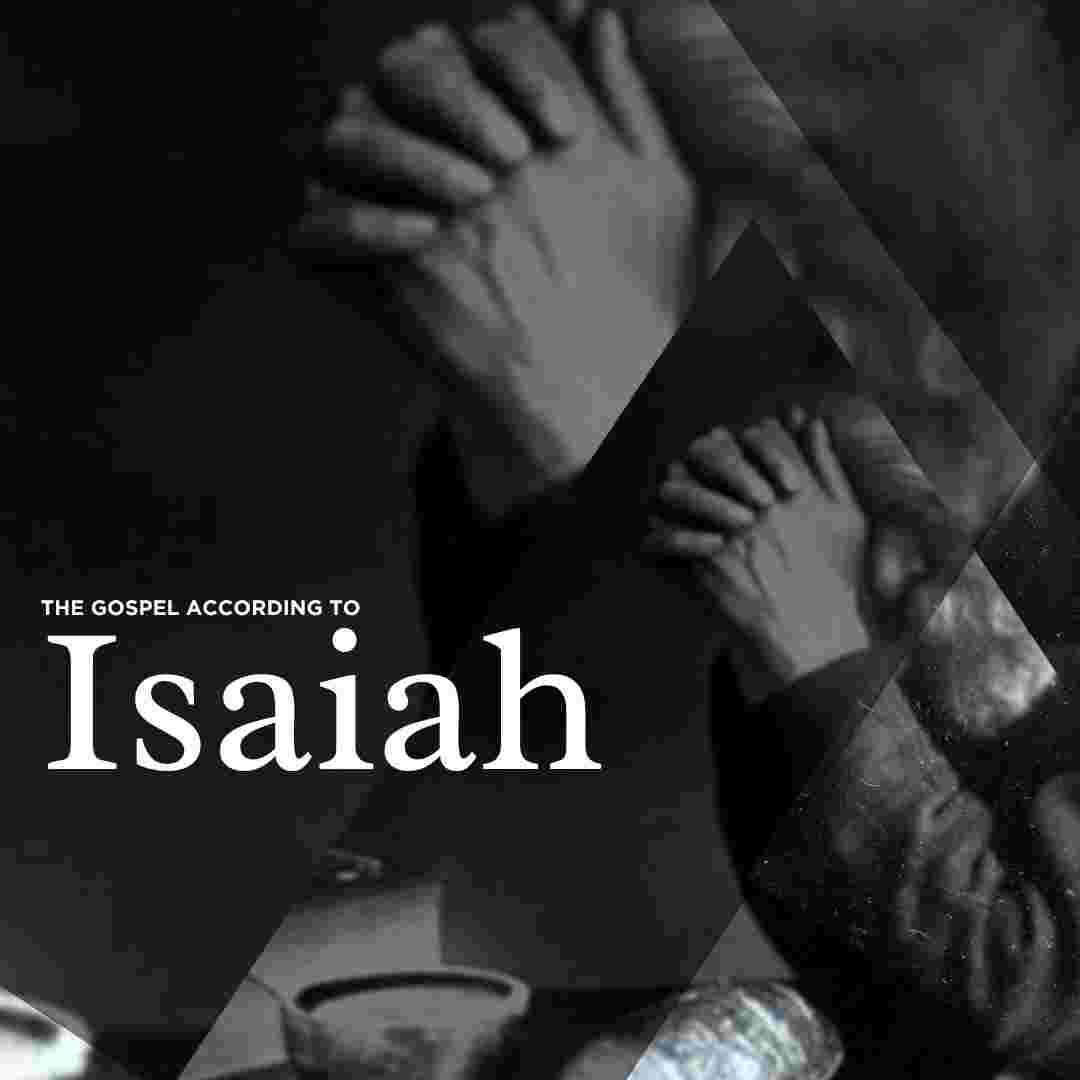

Isaiah opens with a shocking picture of a Father’s grief. God says, “I have nourished and brought up children, and they have rebelled against Me” (Isa 1:2). He’s not distant or angry for anger’s sake—He’s heartbroken. His people have wandered, yet they still bring offerings and say their prayers. They keep the rituals but have lost the relationship. The Lord looks at their worship and says, “Stop bringing meaningless offerings” (v. 13). Their lips honor Him, but their hearts are far away.
This isn’t just Israel’s story—it’s ours. We can attend church, sing the songs, and still miss the heart of it all. The Lord doesn’t seek our performance; He seeks our presence. He wants hearts that love what He loves, that show mercy, justice, and humility (Mic 6:8). When our worship flows out of a life aligned with God’s truth, it becomes pleasing again. When it doesn’t, He calls us not to hide but to return.
God’s words through Isaiah are both diagnosis and invitation. He describes sin like an infection that has spread through the whole body: “The whole head is sick, and the whole heart faint” (v. 5). The nation’s condition mirrors our own apart from grace—wounded and weary, yet pretending to be well. But even here, the Lord offers hope. He does not abandon His people; He calls to them with compassion: “Wash yourselves; make yourselves clean; remove the evil of your deeds… learn to do good; seek justice, correct oppression” (vv. 16–17). His call is always to cleansing, never to condemnation.
Then comes one of the most beautiful verses in all of Scripture: “Come now, and let us reason together… Though your sins are like scarlet, they shall be as white as snow” (v. 18). The Judge becomes our Redeemer. He invites us to step into His presence, not to be destroyed but to be made new. The Hebrew word “reason” suggests a conversation—a merciful negotiation in which God Himself provides the terms of peace. Through Christ, that invitation reaches us today. His blood washes away the stain that no human effort can remove (1 John 1:7).
The message is simple but searching: God wants more than our ceremonies; He wants our hearts. He wants faith that shows itself in love, prayer that flows from sincerity, and worship that leads to justice. When He convicts us, it is not to crush us but to cleanse us. His refining fire burns only to purify. The same hand that disciplines is the hand that heals.
Isaiah ends this chapter with hope for renewal: “Afterward you shall be called the City of Righteousness” (v. 26). God’s purpose for His people has never changed. He still intends to make us reflect His character—a people who live with clean hands and compassionate hearts. When He washes us, He doesn’t just remove guilt; He restores purpose.
Wherever you are today—whether your faith feels strong or hollow—hear the Father’s voice calling: “Come now.” He longs to reason with you, to wash you, to make you new. No sin is too deep, no stain too dark. The blood of Jesus still makes the scarlet white as snow.
Let’s draw near to Him again with honest hearts, not hiding behind ritual or busyness, but coming as children to their Father. True worship begins not with perfection but with surrender. The One who invites us to come is the same One who makes us clean.
Koinonia Fellowship
Sundays at 8:30a and 10:30a
500 Main St. East Rochester, NY 14445